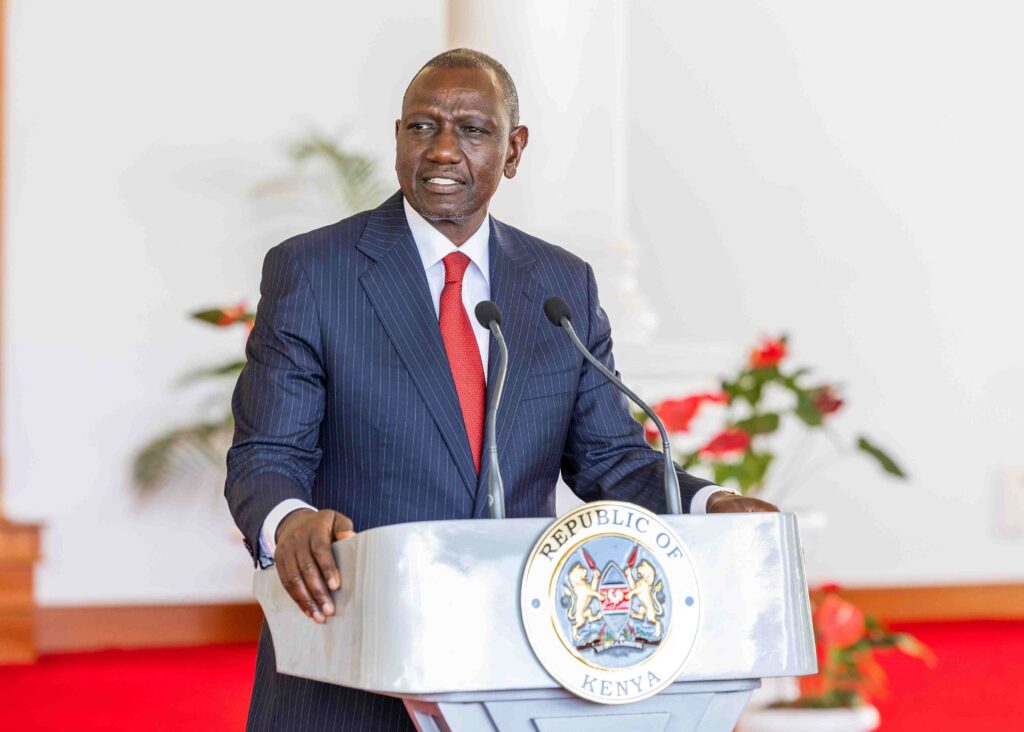President William Ruto today attended a special church service held at Friends’ Comprehensive School, Kivaywa, in Lugari, Kakamega County. The event, part of the annual Kivaywa Yearly Meeting organized by the Friends Quakers and the Matete Christian Fellowship, brought together a host of leaders and local faithful.
The head of state was hosted by Lugari MP Nabii Nabwera and Kakamega Governor Fernandes Barasa. Also expected in attendance was National Assembly Speaker Moses Wetang’ula, among other local and national leaders, underscoring the political and religious significance of the event.
Ruto’s visit marks another key stop in his continued outreach to the Western region, a zone historically viewed as an opposition stronghold. In recent months, the President has intensified his presence in Kakamega and its environs, attending inter-denominational services, commissioning development projects, and engaging with local communities.
These frequent visits are seen as part of a broader strategy to strengthen his political foothold in the region. During his engagements, Ruto has often paired spiritual outreach with tangible development promises, including the commissioning of road projects, support for agricultural initiatives, and programs aimed at empowering youth and women.
At today’s gathering, the President reiterated his message of unity and development, calling on religious leaders to play an active role in fostering peace and national cohesion. He emphasized the importance of collaboration between the church and the government in addressing social and economic challenges facing ordinary Kenyans.
Ruto’s grassroots approach, combining faith-based interactions with political outreach, appears designed to win hearts and minds in communities that have not traditionally supported his leadership. His presence at religious events such as the one in Lugari signals a continued effort to build bridges across the political divide and cultivate new support bases.
As the President continues his Western tour, attention will remain focused on how these engagements influence the region’s political dynamics ahead of the 2027 general elections.

